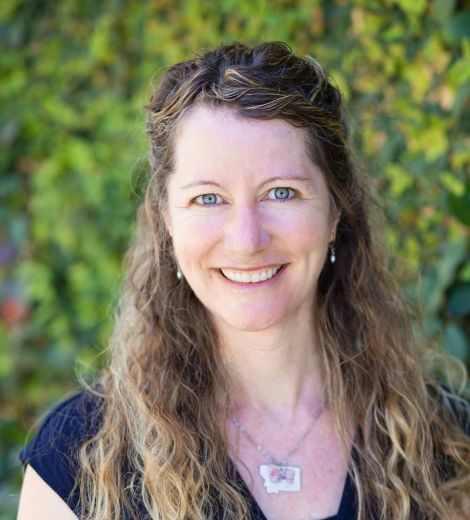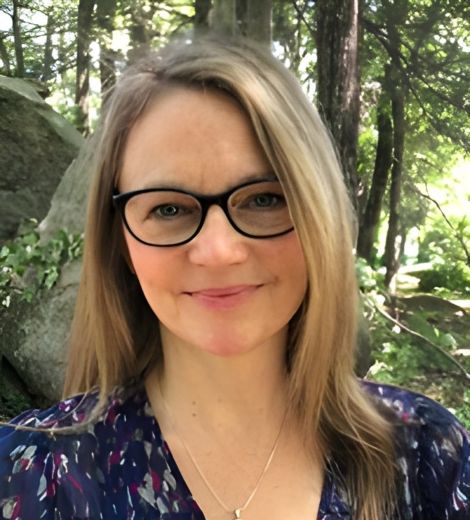Stay updated! Sign up for our newsletter!
Three-year training
Somatic Experiencing® professional training (SE™)

Postponed indefinitely, no new date has been set.
About this training
SE™ is designed to work with overwhelming life experiences. The aim is to support the self-regulating capacity of the nervous system. As a result of a traumatic situation, our nervous system can get stuck in a state of alarm. SE™ enables us to find a state of relaxation from the permanent inner state of alertness. Attention at SE™ is not so much focused on the event, but primarily on the body's reaction to this traumatic experience. Through holistic sensing it is possible to release the energy bound in the nervous system without remembering the cause. Repeated reactivation and re-experiencing of traumatic memories is not necessary.
The Somatic Experiencing® Professional Training provides a comprehensive and in-depth understanding and appreciation of the neurophysiology of trauma theory and the principles of trauma healing. It is an intensive part-time training that takes place over three years. Each year of training consists of two 6-day modules, for a total of 36 days of face-to-face training.
More information about the SE™ and the professional training:
The topics of the training
Beginner's Year:
- Understanding the physiological basis of trauma.
- The function of the nervous system.
- Identifying signals and signs in the body and nervous system
- Teaching the basic SE™ techniques
- SE™ exercises for grounding, boundaries and containment
- Practicing establishing defensive orienting responses
- Working with sensation, impressions, behaviour, affects, meaning
- Working with fight, flight and freeze
- Resources
- Symptoms
- Acquiring skills to avoid re-traumatisation and false memories
- Somatic first aid
Intermediate Year:
- Brief review of first year topics and integration
- Examination of the different categories and causes of traumatic shock and approaches to treating each case:
- Global high intensity trauma (early trauma, fever, drowning, foetal distress, traumatic birth...).
- Inescapable attack (rape, physical abuse, assault, incest...)
- Physical injury (surgery, anaesthesia, burns, poisoning...)
- High impact accidents, head injuries
- Emotional trauma, e.g. severe neglect and abandonment, severe loss, persistent abuse
- Natural disasters (earthquakes, fires, floods...)
- Horror, e.g. witnessing an accident, witnessing someone else being abused, raped, killed or tortured the difference between shock trauma and developmental trauma
Advanced Year:
- Short repetition of the topics from the first two years and integration
- Working with coherence
- Polyvagal theory and SE
- Work with syndromes (chronic fatigue, fibromyalgia, asthma, migraine)
- Deepening of practical work and techniques
- Working with the eyes
- Working with touch
- Working with joints, diaphragms, viscera
Prerequisites for participation
Participants must either have completed training in any psychotherapeutic modality or bodywork or belong to one of the professions that help people, such as a doctor, psychiatrist, social worker etc.
Participants must have attended a two-day introduction before starting the course. Click here to learn more about the introductory seminar.
Language
Only English
Teachers

Dr. Abi Blakeslee
Dr. Abi Blakeslee combines Somatic Experiencing with clinical research, the psychobiological principles of attachment, psychodynamic therapy, and somatic bodywork in her practice and teaching. She has conducted original research on the role of implicit memory in Somatic Experiencing with a committee that included Dr. Daniel Siegel. Dr. Blakeslee holds a Masters of Arts in Counseling and Depth Psychology, and a Ph.D. in Clinical and Somatic Psychology. She is interested in the intersection of neuroscience, current trauma research, and the psychobiological principles of Somatic Experiencing. She works with individuals, couples, children, and families and treats a wide range of issues. She teaches SE trainings and somatic workshops and speaks at professional conferences.

Dr. Glyndie Nickerson
Glyndie Nickerson is a faculty member at Somatic Experiencing International and teaches the Beginning and Intermediate years of the SE training. She supports SE students and graduates through group and individual consultations. Glyndie also teaches workshops on SE and spiritual practise, co-regulation and grief. Glyndie teaches SE based on current neuropsychological research, the biopsychosocial model, object relations, attachment theory, family systems, Jungian and relational psychoanalysis, and creative and spiritual flourishing, which strangely often accompanies post-traumatic growth.
Course schedule
The training consists of three training years - beginner, intermediate and advanced. There are two 6-day modules in the training year.
Beginner's Year (Dr. Glyndie Nickerson)
-
Module I
/
-
Module II
/
Intermediate Year (Dr. Glyndie Nickerson)
-
Module III
/
-
Module IV
/
Advanced Year (Dr. Abi Blakeslee)
-
Module V
/
-
Module VI
/
Each module begins at 10 a.m. on the first day. Please come at 9.00 a.m. at the latest, because of the registration.